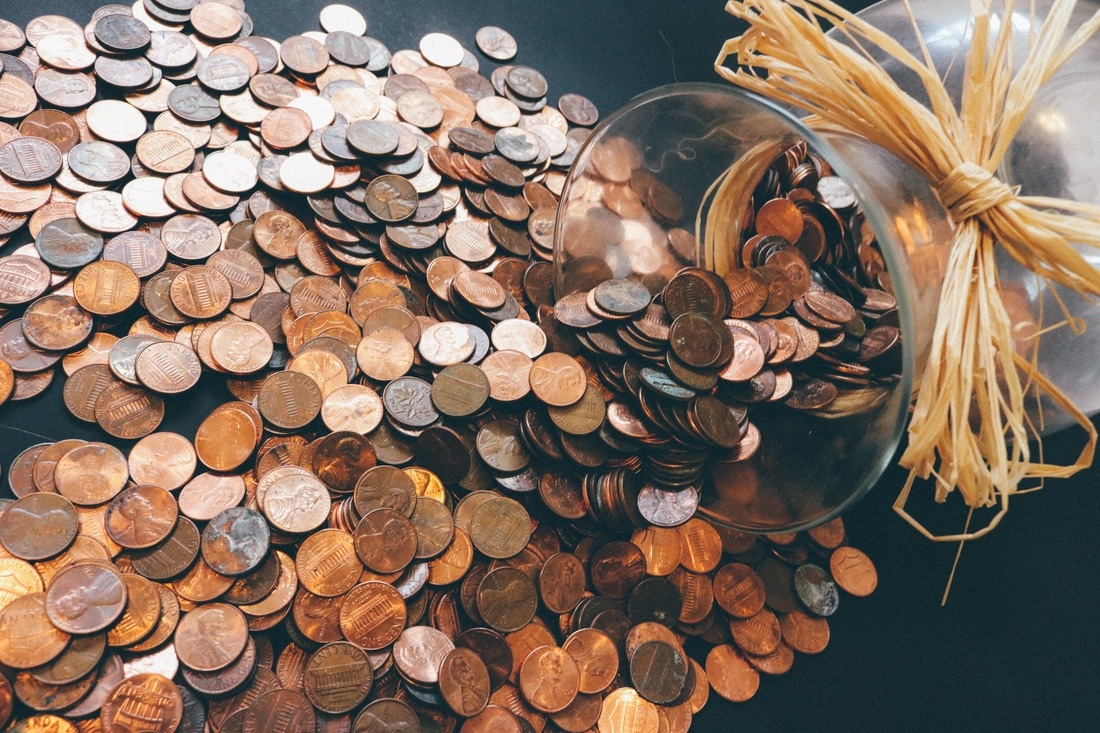
Cash flow should be the number one rental term that you develop a complete understanding of as a rental property investor. Cash flow is the money left over after deducting all expenses from your rental income. This means that your cash flow is what is left after mortgage payments, insurance, taxes, reserve funds, etc.
If you have a positive number once you’ve deducted all expenses, your cash flow is a net positive. If, however, the number is negative, it’s time to re-evaluate how you’re operating your rental property to get things back on track.
Creating Cash Flow
The simplest way to create cash flow at your rental property is to raise your rent. Simple concept, to be sure, but one that is critical to keep up on as your monthly expenses rise from year to year due to tax increases, insurance increases, bank fee increases, maintenance costs, or other issues.
Rent increases aren’t always possible, however, and your cash flow opportunity may be limited by what the market can bear. Markets may go up, but they can also come crashing back down.
Other ways to create more cash flow is to increase the value that your property offers tenants. This could be something like building a garage if your rental doesn’t currently offer one, or making other renovations that add value to your property. The caveat here is that the increased monthly rental income generated by the renovations would cover the expenses of building them.
Amortization can also generate additional cash flow. You may have a shorter term mortgage which, if it were to be drawn out over a longer term, could generate higher cash flow as you lower your monthly mortgage cost. Keep in mind, however, that this means paying more interest over the long-run – which may not be an issue if it remains a rental over that time period.
Consider Other Expenses
While many expenses are obvious, as they have a high impact on the cash flow at your rental, a deeper dig can reveal a multitude of other issues that come up which can have a large, net impact on your property’s cash flow.
Tax assessments can be an area of expense. Particularly in the Puget Sound region, as so many tax issues are tied to property taxes at the same time that property values are increasing up by 10% annually. Keeping a close eye on your property’s assessment, and understanding the process for appealing assessments, is a crucial, first step to preserving your cash flow.
Utility expenses, or, rather, lowering them, can be another hidden way to generate cash flow by reducing your expenses. Upgrading appliances or other features such as light and water fixtures can drastically reduce consumption and your utility costs. There are many incentive programs available for these types of upgrades, too, so consider contacting your utility to see what’s available for your property.
Find Quality Tenants
This may be overly simplistic to say, but the quality of your tenants will have a huge impact on your bottom line financials. Ensuring your tenant screening process is comprehensive will get you a quality renter who is more likely to take care of the property and pay rent on time.
